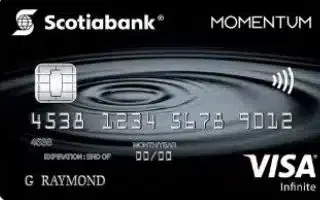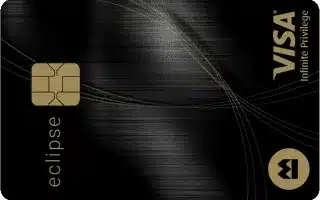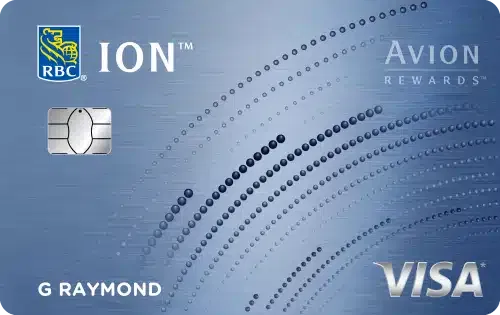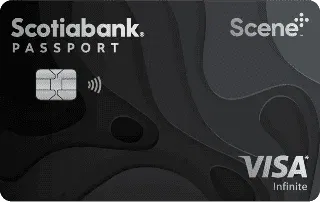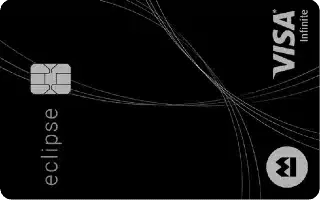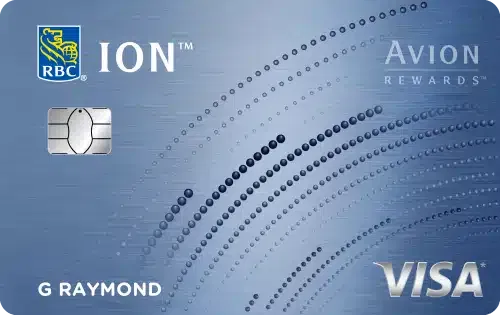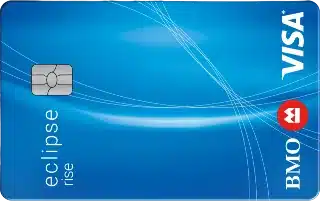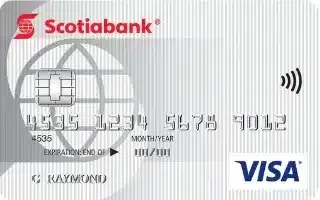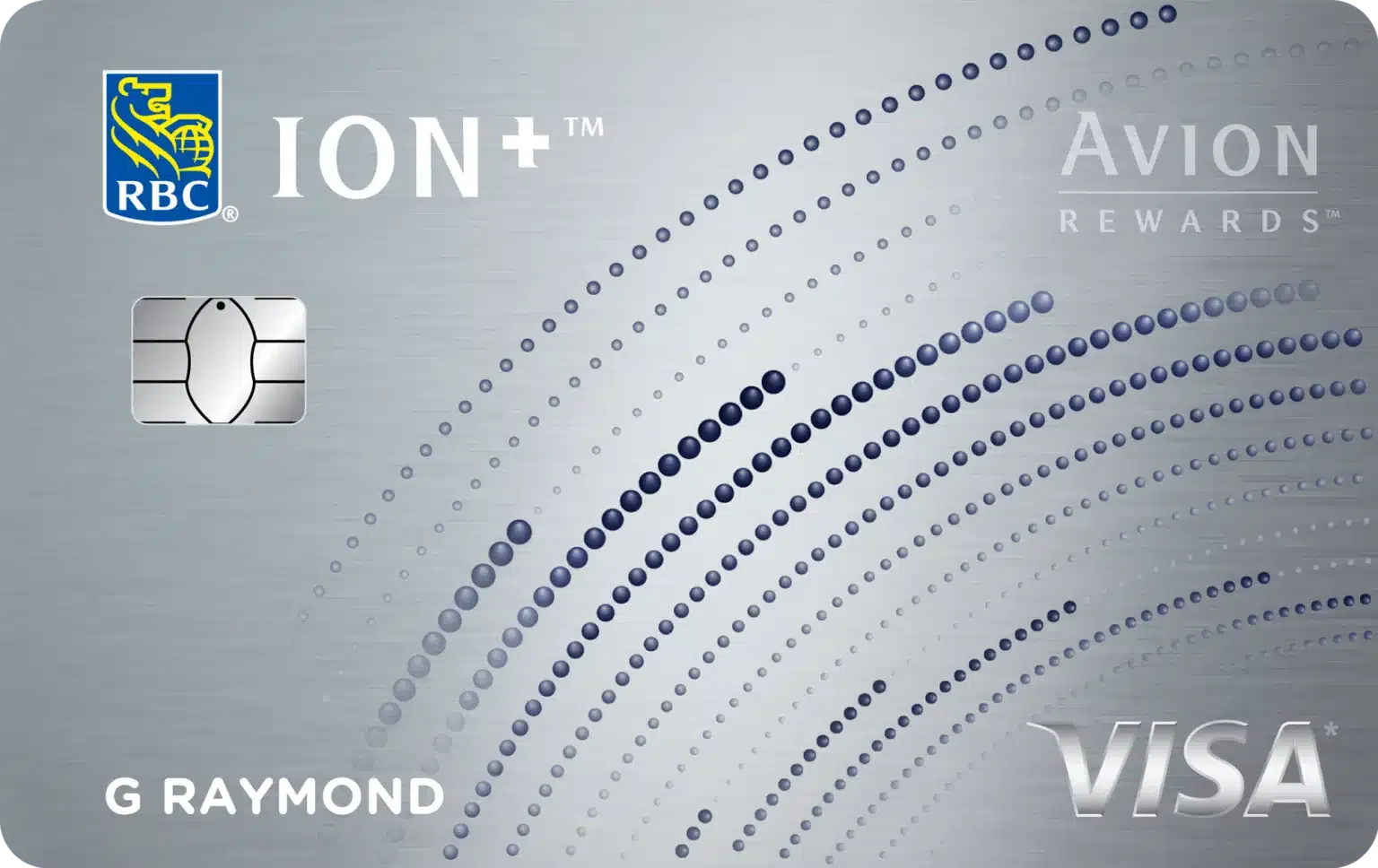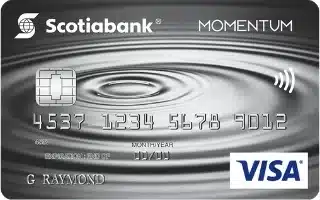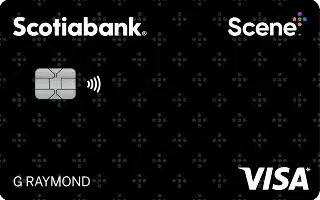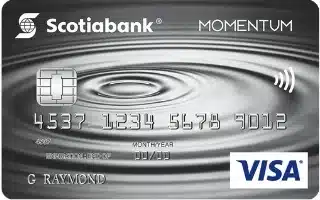Compare Credit Cards
Visa or Mastercard? It’s the question everyone asks when choosing a credit card, but here’s what actually matters: which specific card gives you the best value for how you spend money.
Visa dominates the Canadian credit card market with options ranging from no-fee student cards to ultra-premium cards with $600+ annual fees. The network’s universal acceptance means your Visa works everywhere from corner stores to luxury hotels worldwide.
But not all Visa cards are created equal.
Why Visa Cards Rule the Canadian Market
Nearly 100% merchant acceptance in Canada. Your Visa works at every major retailer, restaurant, and online store without question.
Global acceptance when traveling. Visa is accepted in more countries than any other payment network, making it essential for international travelers.
Advanced security features like contactless payments, fraud protection, and instant transaction notifications keep your money safe.
The real advantage? Competition among Canadian banks has created incredible variety in Visa offerings.
The Best Visa Credit Cards for Every Situation
BMO eclipse Visa Infinite Privilege
This isn’t just a credit card. It’s a statement. Reserved for high earners with $150,000+ individual income, this premium card delivers 5x BMO Rewards points on groceries, dining, drugstores, gas, and travel.
The welcome bonus reaches up to 120,000 points, potentially worth over $1,000 in travel value. Plus a unique $200 annual lifestyle credit that automatically applies to eligible purchases.
Six annual airport lounge visits, mobile device insurance up to $1,000, and comprehensive travel coverage up to $5 million round out the premium package.
The $599 annual fee sounds steep until you calculate the value. High spenders who maximize the earning categories and use the lifestyle credit can easily justify the cost.
RBC Avion Visa Infinite
Freedom is the key word here. Book any airline, any flight, anytime without blackout dates or carrier restrictions. No more settling for terrible connection flights just because your points program has limited options.
The welcome bonus of 35,000 points provides up to $750 in travel value when redeemed strategically. The distance-based redemption chart often delivers exceptional value on short-haul flights.
Comprehensive travel insurance and the ability to transfer points to airline partners like British Airways create additional flexibility.
At $120 annually, it’s positioned perfectly between basic cards and ultra-premium options.
Scotiabank Passport Visa Infinite
International travelers, this one’s for you. Complete elimination of foreign transaction fees saves 2.5% on every international purchase.
Consider vacation spending of $3,000 abroad. Regular cards would charge $75 in foreign transaction fees. The Passport card eliminates this entirely, essentially paying for its $150 annual fee.
Six complimentary annual airport lounge visits, robust Scene+ rewards earning, and comprehensive travel insurance create a compelling mid-tier travel package.
The 3x points on groceries at select stores and dining adds domestic earning power to international benefits.
BMO Eclipse Rise Visa Card
Premium rewards without the premium price. This no-fee card offers 5x BMO Rewards points per $2 spent on recurring bills, groceries, dining, and takeout.
The earning structure might seem confusing at first, but it effectively delivers 2.5 points per dollar in essential categories without any annual cost.
Welcome bonus of up to 25,000 points plus mobile device insurance up to $1,000 provide exceptional value for a free card.
The 0.99% balance transfer rate for nine months makes this a smart debt consolidation tool too.
RBC ION+ Visa
Finally, a card that understands modern spending. Earn 3x Avion points on streaming services, online gaming, digital subscriptions, food delivery, rideshares, groceries, and transit.
For young professionals whose budgets are dominated by Netflix, Uber Eats, and Spotify subscriptions, this card captures spending that traditional cards miss.
Mobile device insurance, DashPass membership, and Petro-Canada fuel savings add practical value for digitally-focused lifestyles.
The $48 annual fee is modest for the category coverage and benefits provided.
Scotiabank SCENE+ Visa Card
Simple, effective, and free. Earn 2x Scene+ points at Cineplex theatres, Home Hardware, and participating grocery stores. Plus 1x points everywhere else.
The welcome bonus of 5,000 Scene+ points gets you started, while the redemption flexibility for movies, dining, groceries, and travel keeps your options open.
Low income requirement of just $12,000 makes this accessible to students and part-time workers.
Scotiabank Value Visa Card
Not every card needs rewards. Sometimes you just need low interest. The Value Visa delivers with a 13.99% interest rate on purchases and cash advances.
The promotional 0.99% balance transfer rate for nine months provides serious debt consolidation power. No annual fee in the first year.
For anyone carrying balances, the interest savings far exceed what rewards cards typically provide.
Visa vs. Mastercard: Does It Actually Matter?
For most Canadians, no. Both networks offer similar acceptance, security, and benefits.
The differences come down to specific card features, not the payment network. A great Visa card beats a mediocre Mastercard, and vice versa.
Some merchants prefer one network over another, but this is increasingly rare in Canada.
Visa Infinite vs. Visa Infinite Privilege
Visa Infinite is the premium tier with enhanced benefits like concierge service, hotel upgrades, and comprehensive insurance.
Visa Infinite Privilege sits above this with even more exclusive perks and higher income requirements.
The benefits come from the card issuer (like BMO or RBC), not Visa itself. Compare specific card features rather than just the Visa tier.
Income Requirements Reality Check
Premium Visa cards require substantial income. The BMO eclipse Visa Infinite Privilege needs $150,000+ individual income. The RBC Avion requires $60,000 individual or $100,000 household.
Don’t stretch to qualify for cards you can’t afford. Income requirements exist for a reason.
Entry-level Visa cards like the SCENE+ or Eclipse Rise have much lower thresholds, sometimes as low as $12,000 annually.
Annual Fee Strategy
Calculate the break-even point for any annual fee card. Divide the fee by your expected rewards earning to see how much you need to spend.
Premium cards often provide value through benefits like airport lounge access and travel insurance, not just rewards earning.
No-fee cards make sense for light spenders or those who want simplicity without optimization.
Rewards Optimization Across Multiple Cards
Many Canadians use 2-3 cards to maximize different categories. A travel Visa for flights and hotels, a grocery card for food spending, and a general card for everything else.
This strategy requires discipline to manage multiple payments and track spending across cards.
Start with one card that matches your biggest spending category, then add complementary cards as needed.
Security and Fraud Protection
All Visa cards include zero liability for fraudulent transactions. You’re not responsible for unauthorized charges if you report them promptly.
Contactless payments add security by keeping your card in your hand during transactions.
Real-time transaction alerts help you spot fraud immediately.
International Travel Considerations
Foreign transaction fees add 2.5% to every international purchase on most cards. Avoid these with travel-focused Visa cards.
Notify your bank before traveling to prevent cards from being blocked for suspicious activity.
Carry a backup card in case your primary card gets lost or stolen abroad.
Application Strategy
Apply for one card at a time. Multiple applications in a short period can hurt your credit score.
Read the fine print on welcome bonuses. Spending requirements and time limits vary significantly.
Consider your existing banking relationships. Banks often offer better terms to existing customers.
The Bottom Line on Best Visa Cards
The best Visa credit card depends entirely on your spending patterns, income level, and financial goals.
High-income frequent travelers should consider premium options like the BMO eclipse Visa Infinite Privilege or RBC Avion Visa Infinite.
Budget-conscious spenders benefit from no-fee options like the BMO Eclipse Rise or Scotiabank SCENE+ cards.
Young professionals with digital-focused spending patterns find value in the RBC ION+ Visa.
International travelers need cards like the Scotiabank Passport that eliminate foreign transaction fees.
Balance carriers should prioritize low-interest options like the Scotiabank Value Visa over rewards cards.
Don’t choose based on the Visa branding alone. Compare specific features, fees, rewards, and benefits to find the card that delivers the most value for your situation.
The perfect Visa card is the one that aligns with how you actually spend money, not the one with the most impressive marketing or highest earning rates in categories you rarely use.
Why Choose Smarter Loans?

Access to Over 50 Lenders in One Place

Transparency in Rates & Terms

100% Free to Use

Apply Once & Get Multiple Offers

Save Time & Money

Expert Tips and Advice


